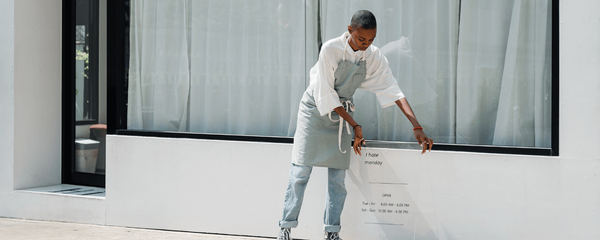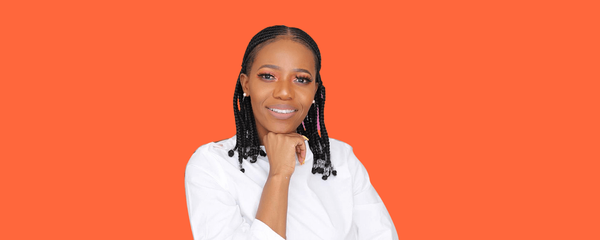Digitisation has opened us up to many more investment choices than we’ve had before, and the pool of options is growing by the day. Simultaneously, social pressure to pursue all these options has greatly increased from pre-internet times. Now, here’s the chat - if we don’t make our own investment choices, someone else will, and it’s honestly not so hard for them to make these choices for us when we don’t have our own criteria of what’s best for ourselves.
The question then becomes - how do we dissect the options social media throws in our faces, pick the best ones and what are the implications (emotional and financial) of picking one option over another?
There are two types of people; satisficers, and maximisers. Maximisers are concerned with making the best choices and will generally take an exhaustive approach to decision making while satisficers are concerned with making choices that are “good enough”. According to Barry Schwartz - the psychologist behind this observation, maximisers are more likely than satisficers to have feelings of regret, and are prone to suffer from stress and procrastination when making decisions. Satisficers, albeit happier, are less likely to pick the most optimal options. This principle is called the paradox of choice - the fact that way too much of a good thing can actually be detrimental.
A simple way of determining whether you’re a maximiser or satisficer is by reflecting on how you choose restaurants. Do you evaluate your choices against exhaustive criteria e.g. ratings, menu options, value for money, proximity to your home, etc.? If yes, you might be a maximiser. If you choose only one or two things that are important to you, you are probably a satisficer.
These are obviously extremes in the spectrum and you might be a maximiser in one aspect of your life and a satisficer in another.
How does this affect us in investing?
Maximisers adopt an open mind to investing and will do endless research to understand the funds they are investing in. For example, they’ll research how the fund diversifies risk and prevents risk. Who the fund's personnel are and then compare the risk level of that fund across various funds in various countries amongst other things. Satisficers might choose a few companies they personally like. I, for one, like to put my money where my heart is.
Many of us, especially in investing and saving, are not maximisers. We simply want to put our money away and achieve some level of growth to help us achieve our goals - whether that be buying a new car or a new house.
So what is the best way to achieve optimal growth, but not stress about all the nitty gritty details?
We can use principles from Essentialism, a book written by Greg McKeown to choose investment options without overdoing research (maximising) or underestimating the importance of research (satisficing).
Explore and evaluate
Establishing your goals from the beginning leaves no room for grey areas. “I want to beat the market” or “I want to make lots of money” is not good enough. Your goals must be SMART, for example - “I want to invest R100 000 in the next 5 years so I can afford to send my child to university debt-free”. Once you have a goal - consider a broad set of investment options to help you achieve that goal. “Broad” because you want to make the best possible investment decision. No one will do the research for you.
A popular idea in Silicon Valley is “Done is better than perfect.” - Greg Mckeown
Broad does not mean exhaustive. You don’t have to research everything. If you try to make the perfect investment decision - you’ll procrastinate because the more you learn, the more there is to learn. Time is money, especially in investing, so reaching a decision in an efficient time period is important.
Eliminate
“The word priority came into the English language in the 1400s. It was singular. It meant the very first or prior thing. It stayed singular for the next five hundred years. Only in the 1900s did we pluralize the term and start talking about priorities.” - Greg Mckeown
Once you’ve established a goal, you’ve got a priority. If anything does not align with that priority, you probably shouldn’t be doing it. Your efforts should be towards achieving your goal.
Execute
"Create a system and remove obstacles to make execution as easy as possible." - Greg Mckeown
Execution is the hardest part of these steps, but creating a system with small wins along the way will help you build momentum toward achieving your goals. Make no room for compromises. If you need to set up recurring deposits, set them up. If you need to save/invest before going shopping, do it. The point here is that avoiding obstacles is certainly better than trying to resolve all of them.
Whether you are a maximiser or satisficer, making good decisions is important. What’s also important is not looking back. There is no point in comparing yourself and your portfolio to someone else’s. And if you’re still suffering from the paradox of choice, we’ve made that easier for you on Franc. With only two funds to choose from and a range of ways to divide your contribution up, you get to make a much easier decision while still exercising control.










